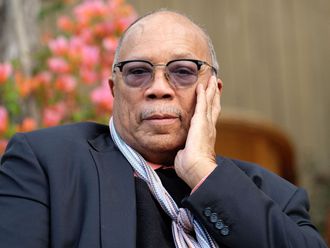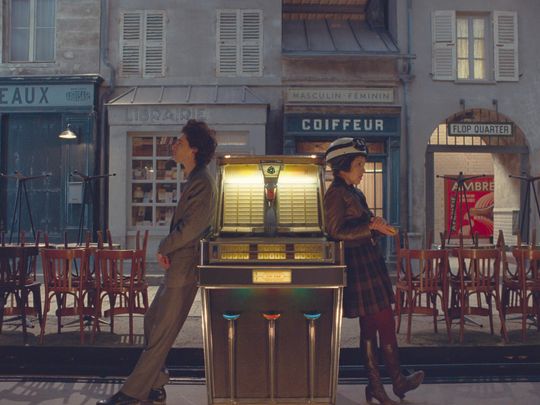
Wes Anderson’s ‘The French Dispatch’ pays oblique but ferociously detailed tribute to the New Yorker, a magazine its founding editor, Harold Ross, famously declared would not cater to the taste of the “old lady from Dubuque,” but which wound up bringing a frisson of East Coast sophistication to Midwestern households for a generation, infiltrating the imaginations of culture-hungry teenagers and filling them with dreams of conquering Manhattan themselves one day.
That powerful transfer of postwar values is only briefly acknowledged in ‘The French Dispatch,’ which features Bill Murray as Arthur Howitzer Jr., the Ross-like editor of the titular magazine, which is published in the fictional French town of Ennui-sur-Blas. “He brought the world to Kansas,” Angelica Huston’s narrator declares with typical Andersonian authority. The inciting incident of the film is Howitzer’s demise, with the rest of the movie making up a special edition of his most memorable collaborations with his stable of famously eccentric writers.
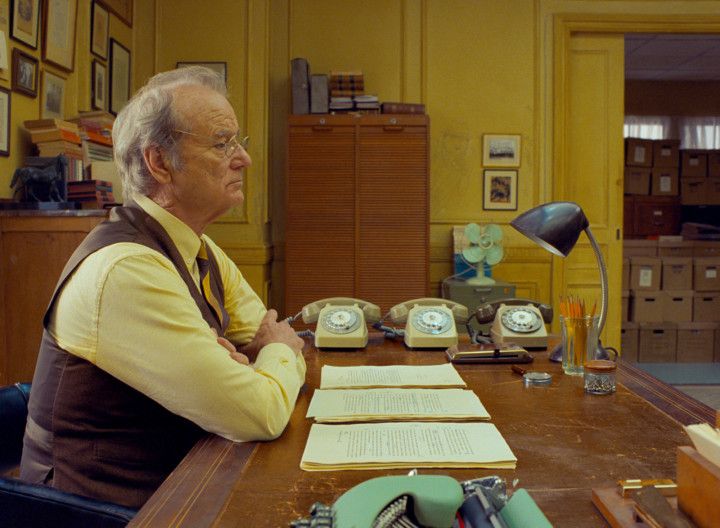
The omnibus includes a winsome portrait of Ennui, past and future; a profile of a temperamental artist and his unlikely muse; an intimate account of a revolutionary uprising (motto: “The students are grumpy!”); and a shaggy-dog tale of a food writer’s dinner with a police commissioner that ends with a crime and a car chase. The cast includes Owen Wilson, Tilda Swinton, Benicio Del Toro, Lea Seydoux, Frances McDormand, Timothee Chalamet and Jeffrey Wright.
The fun, for New Yorker fans, is the parlour game of connecting them to such real-life analogues as Joseph Mitchell, Rosamond Bernier, Mavis Gallant, Janet Flanner, James Baldwin, A.J. Liebling and others that Anderson identifies in the end credits.
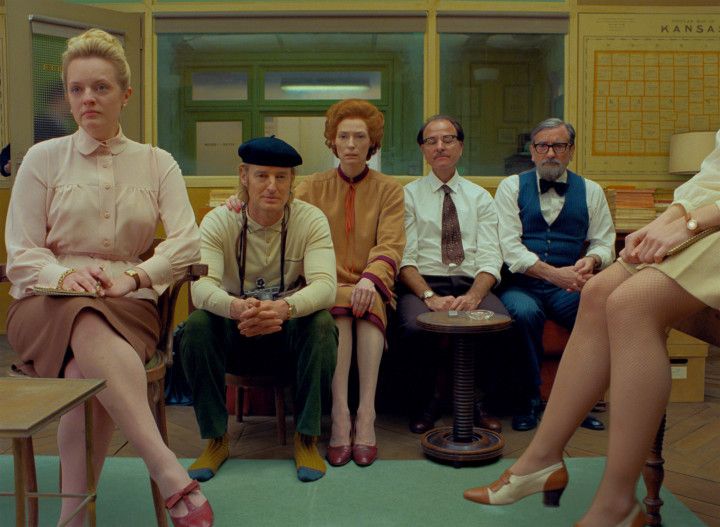
With its squared-off framing, Tati-esque compositions and bespoke production design, ‘The French Dispatch’ bears the Anderson signatures that have made his movies an artisanal cottage industry. He’s an unapologetic fetishist, filling his world with the colours, textures, objects and behaviours that bring him pleasure, confident that enough viewers will agree with him to allow him to do it again next time.
‘The French Dispatch’ is undeniably delightful to look at — the physical choreography possesses the grace and wit of a densely layered tableau vivant — and, even within the crisp, regimented acting style Anderson favours, a few genuine performances manage to take hold. Wright is so convincing as the Baldwin-like writer Roebuck Wright that audiences might find themselves longing for a serious biopic of the writer for him to star in.
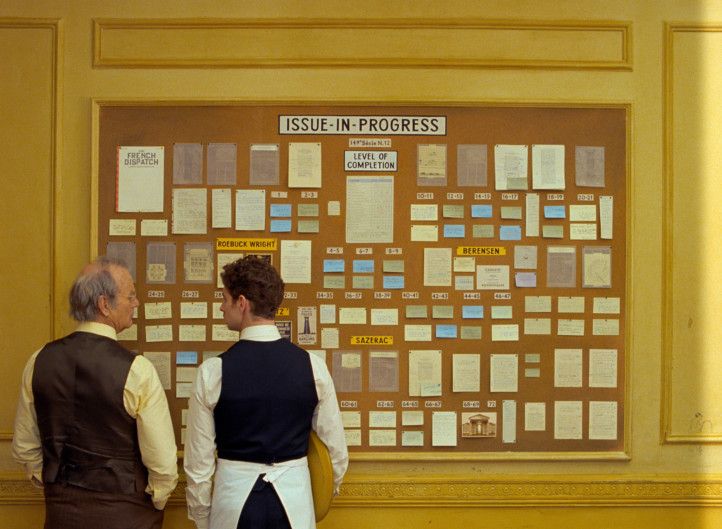
For the most part, though, ‘The French Dispatch’ keeps things on an attractive but shallow surface, with Anderson tossing out inside references like so many candied chestnuts in self-conscious and digressive vignettes. As a valentine to old-school publishing, from the lovable rogues of its most storied past to the fonts and serifs of pre-digital typography, ‘The French Dispatch’ embodies a wistful look back, but not a particularly penetrating one. (The film benefits from a delicately thoughtful musical score by Alexandre Desplat). More serious ideas, including moral double standards for creative genius, the commodification of art or the wounding heedlessness of generational change, are glanced at but never plumbed. Anderson seems far more interested in concocting his dollhouse world than inhabiting it with messy human feelings.
There are moments in ‘The French Dispatch’ when it’s unclear if Anderson is paying tribute to the arch tone and middlebrow high-mindedness the New Yorker came to symbolise, or making a burlesque of it. In the end, his surpassing formal gifts keep substance and emotion at arm’s length. ‘The French Dispatch’ winds up resembling the movie version of Eustace Tilley, the top-hatted dandy who appeared on The New Yorker’s first cover, haughtily examining a butterfly through his monocle. There’s attentive scrutiny here, and a surfeit of playful style, but precious little genuine curiosity or interest.
———————————————
Don’t miss it!
‘The French Dispatch’ is out in UAE cinemas from October 21





